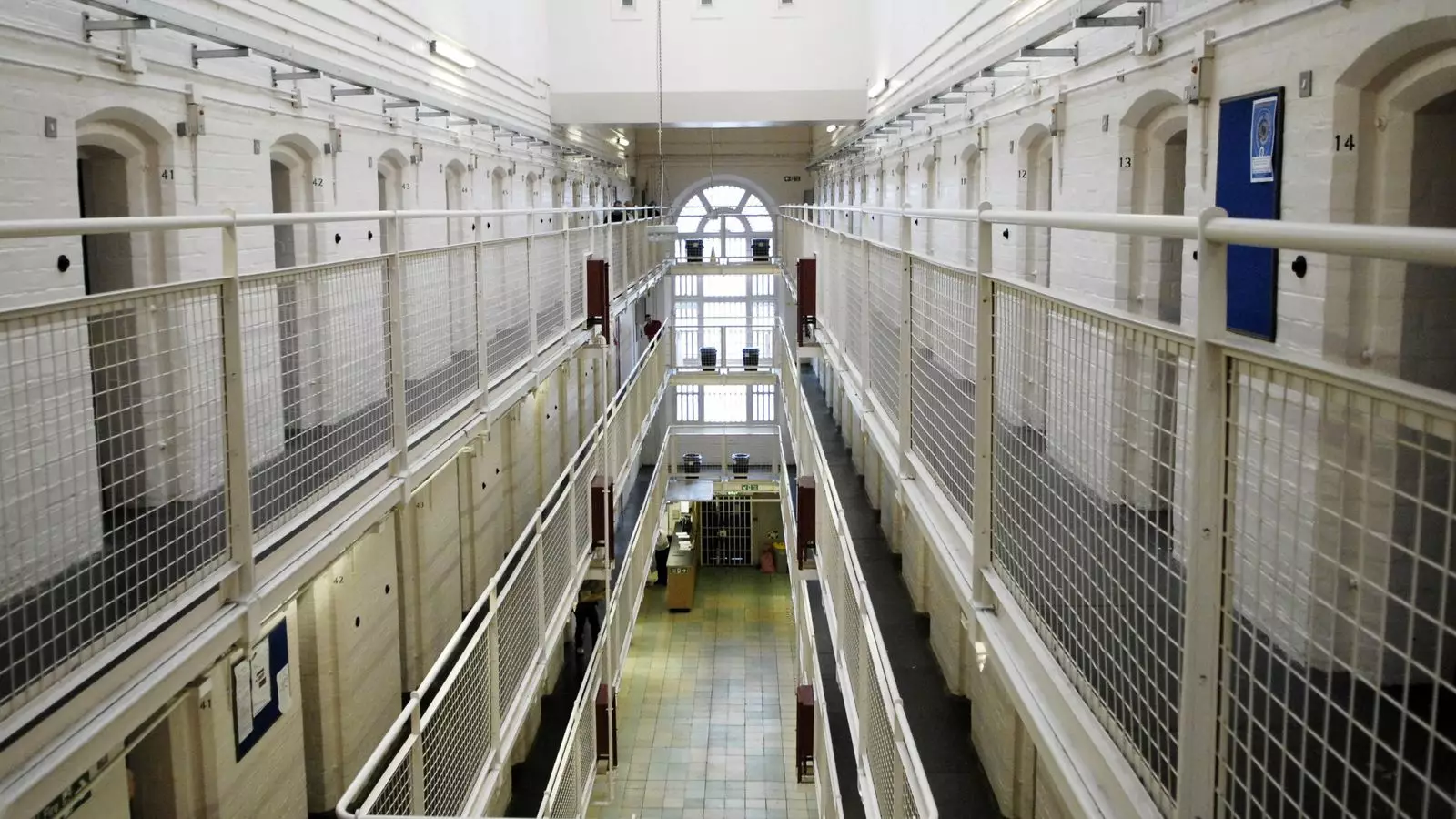In recent years, successive government policies aimed at presenting a “tough on crime” front have inadvertently led to an unprecedented rise in prison populations, straining the entire correctional system. The Independent Sentencing Review brings to light the alarming statistics denoting that England and Wales rank among the highest in terms of incarceration rates in Western Europe. This issue, as identified by the report, is compounded by a series of politically motivated decisions that have prioritized punitive measures over strategic reform, revealing a fundamental flaw in the current approach to criminal justice.
The pattern of escalating prison sentences, described as “knee jerk” and “unstrategic,” highlights a pervasive trend over the past several decades: the adoption of longer jail terms without adequate consideration for the implications on the broader justice system. Despite a general decline in crime rates since the mid-1990s, policymakers have relentlessly pursued longer sentences, often in reaction to high-profile cases. This relentless pursuit, however, often neglects the fact that increased incarceration is not synonymous with increased safety. Rather, it creates a cycle of crime and punishment that lacks substantive long-term solutions.
As the report details, a significant contributor to the overwhelming prison population is the alarming increase in revocations of offenders on license. The numbers have soared from fewer than 100 instances in 1993 to nearly 13,000 by December 2024. Such drastic measures reflect a superficial understanding of the complexities inherent in rehabilitating offenders. Last year, in an attempt to mitigate the crisis, the government controversially implemented a temporary policy, reducing the proportion of a sentence served in prison from 50% to 40%. The implications of such decisions are multifaceted and deserve a deeper exploration, particularly as Prime Minister Sir Keir Starmer pointed out the historical nature of the challenges faced by the system as a consequence of long-standing, haphazard policymaking.
The impact of overcrowded facilities extends beyond numerical statistics. The review, chaired by former Lord Chancellor David Gauke, acknowledges that the surging prison population has created a catastrophic environment for both correctional facilities and the probation service. Resources intended for rehabilitation and crime prevention have been diverted to emergency measures aimed at coping with the overwhelming inmate numbers. This shift fosters an environment in prisons that can act as breeding grounds for future criminal behavior rather than spaces for reformation.
In his analysis, Gauke emphasizes the urgent need for a fundamental reassessment of whom we imprison and for what crimes. While punishment remains a necessary component of the justice system, it should not overshadow other critical goals, such as rehabilitation and community safety. The current system must evolve to incorporate alternative punitive measures outside of incarceration, thereby alleviating the strain on prison capacities while still maintaining accountability for offenders.
Organizations like the Howard League for Penal Reform have long argued that the crisis transcends mere overcrowding; it signifies a systemic failure that requires immediate attention. The league’s campaigns director, Andrew Neilson, underscores that violent and overcrowded prisons fail to reform individuals and instead have become a catalyst for ongoing criminal activity.
The Independent Sentencing Review exposes the consequences of decades of shortsighted policies that prioritize punitive action over reformative justice. With the imminent call for new recommendations, there lies an opportunity to redefine our approach to criminal justice, ensuring that it is effective in both deterrence and rehabilitation, which ultimately would promote safety and reduce crime rates in society at large. For genuine change to take place, stakeholders must engage in thoughtful conversations about the future of the justice system—one that prioritizes humans over statistics.


Leave a Reply